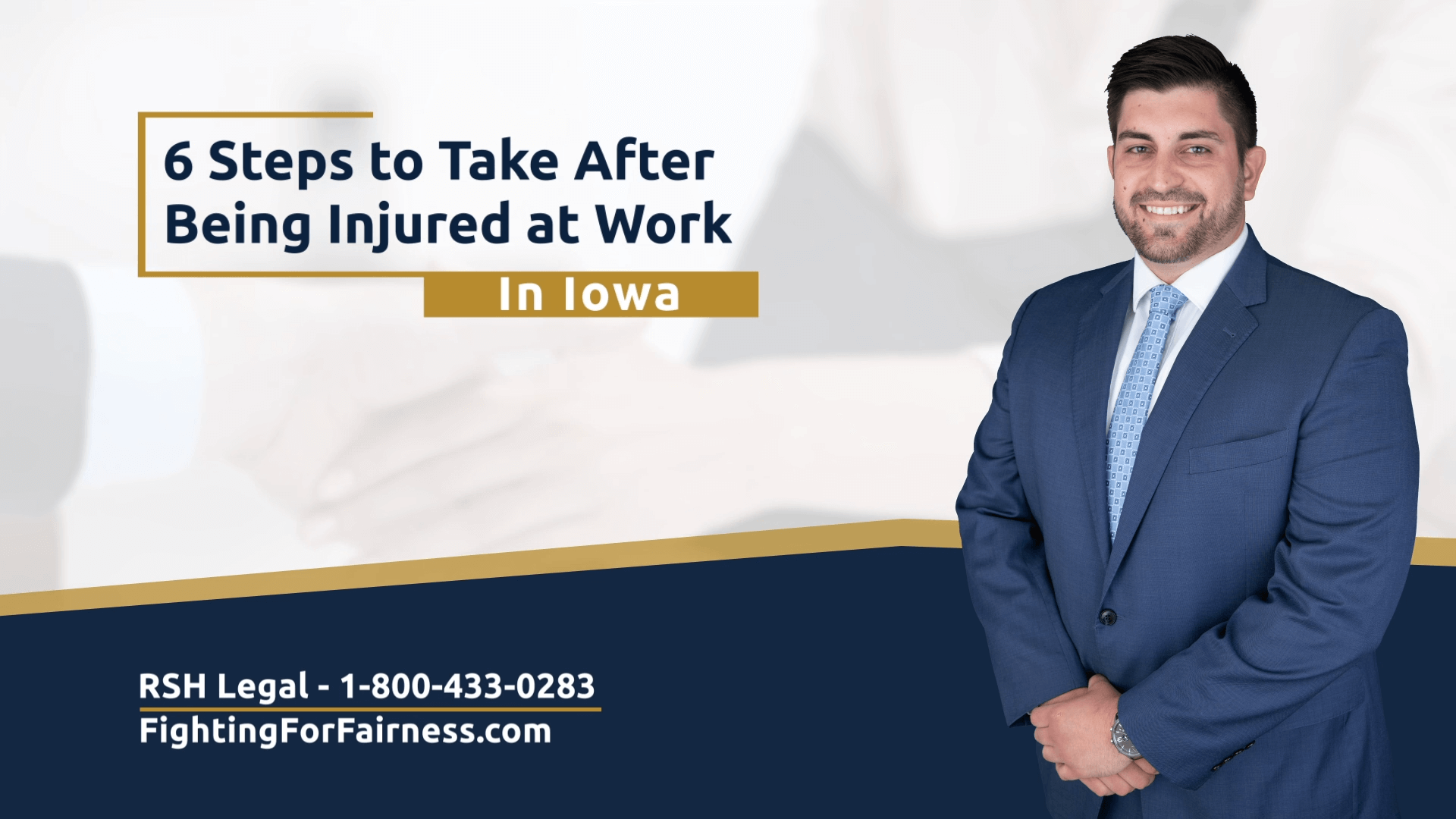Attention! Iowa’s Workers’ Compensation laws changed July 1, 2017. This article’s information may be out of date. Visit our Workers’ Compensation Page for more information.
If you suffer an injury that happens at work, and the injury is caused by your work activities, you may be entitled to Iowa workers’ compensation benefits. There are three types of work comp benefits.
1. Medical Expenses
If you have been injured on the job, your employer is required to pay for reasonable medical expenses that are necessary because of your work injury. These expenses can include:
- Hospital and doctor visits
- X rays, MRIs and other tests ordered by the doctor
- Medications
- Physical therapy
- Wheelchairs, crutches, canes, and other medical equipment, and
- Mileage to and from your medical treatment
In most cases, when you have been injured at work, all medical treatment must be approved by the employer’s insurance company. This is their right because they are paying for your treatment. If you get treated by a medical provider that was not approved by the insurance company, they may not pay for the treatment. To get your medical bills covered, make sure you are seeing an authorized provider.
2. Temporary Disability Benefits
These are benefits you received when you are still healing from your work injury and a doctor has restricted you from working completely, OR has placed you on a restriction that work cannot accommodate. Iowa workers’ compensation benefits start after the third missed day of work, and end once you return to your normal work or the doctor places you at what is called “maximum medical improvement” – meaning, your injury is as healed as it’s going to get.
These disability benefits are paid on a weekly basis and are based on your average weekly wage. The average weekly wage is calculated differently depending on how you are paid—hourly or by salary.
For instance, if you have been injured at work and you are paid hourly, the average weekly wage is based off of how much you made each week, in the 13 weeks leading up to your work injury. Weeks that are abnormally high, or abnormally low, are thrown out. Overtime can be included, but those hours are calculated at your normal wage, not time and a half. Regular bonuses and shift differentials are also included.
Insurance companies often calculate a worker’s weekly wage incorrectly—so their calculations should be double checked by an experienced workers’ compensation attorney.
3. Permanent Disability Benefits
If you have suffered a permanent injury at work, you are entitled to this type of benefit. How much you’re awarded depends on the body part affected, your weekly benefit rate, and the degree of disability. Whether you injure a limb versus a more central part of your body, like the shoulders, hips, head and spine, can make a big difference in how your injury is valued. These calculations can be complex, and often depend on several factors. You should have a workers’ compensation attorney make sure they have been figured correctly.
Now let’s talk about what is NOT covered by Iowa workers’ compensation benefits.
In Iowa, workers’ compensation insurance companies do NOT have to pay for your pain and suffering or mental anguish resulting from a work injury. Even though it seems this unfairly benefits employers—our system has benefits to employees as well because it makes it a “no-fault” system – meaning, you don’t have to prove that your employer was negligent to receive work comp benefits.
The amount of compensation you’re owed after being hurt on the job can vary between situations. The best thing to do is to contact a workmans’ comp attorney to make sure you’re getting everything you deserve. Call us at 1-319-774-1542 today or visit our website, FightingForFairness.com.




